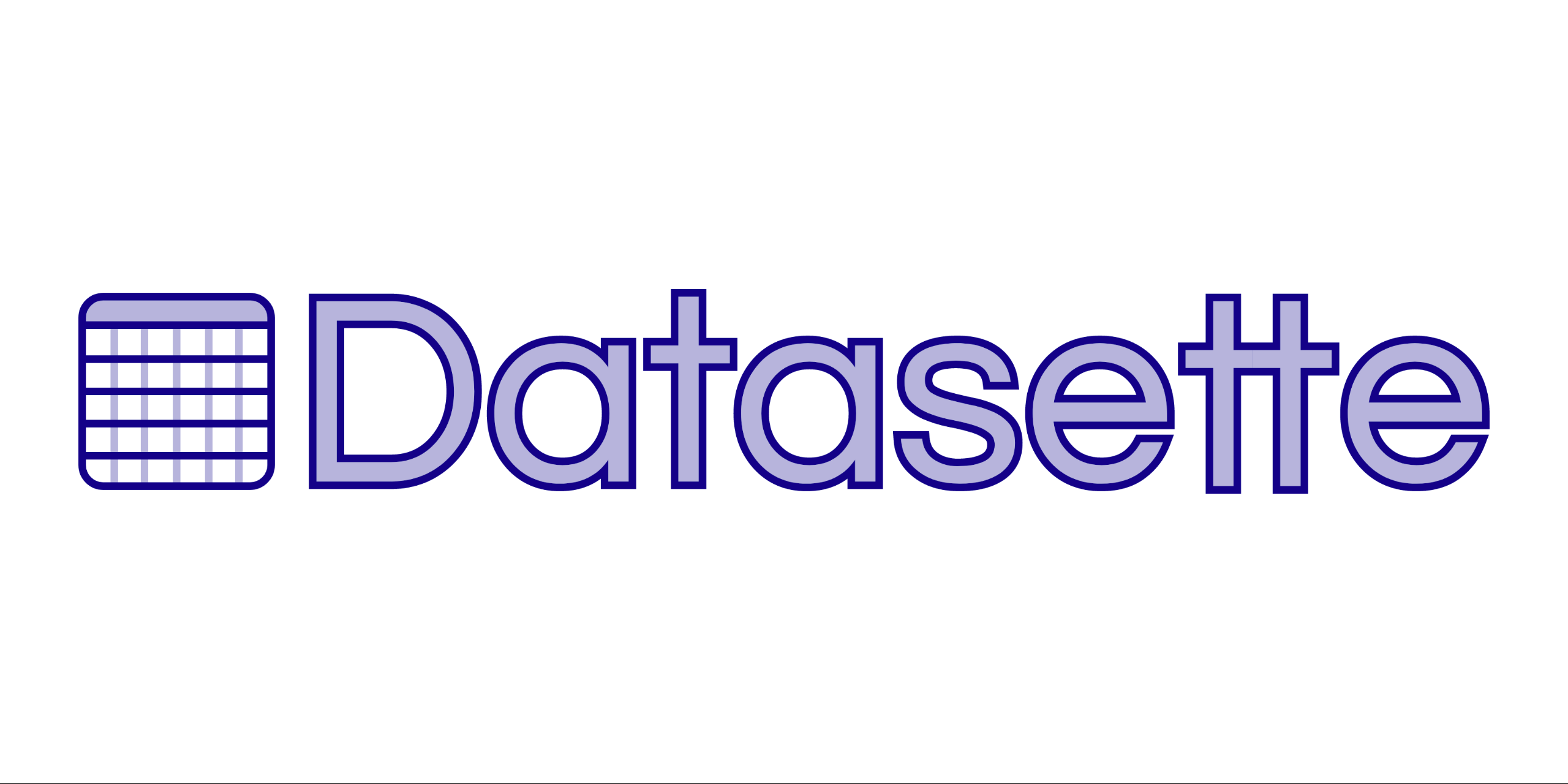November 2022
64 posts: 8 entries, 18 links, 3 quotes, 35 beats
Nov. 1, 2022
RFC 7807: Problem Details for HTTP APIs (via) This RFC has been brewing for quite a while, and is currently in last call (ends 2022-11-03). I’m designing the JSON error messages for Datasette at the moment so this could not be more relevant for me.
Nov. 3, 2022
Nov. 4, 2022
Don’t Read Off The Screen (via) Stuart Langridge provides a fantastic set of public speaking tips in a five minute lightning talk remix of Sunscreen. Watch with sound.
Nov. 5, 2022
Nikodemus’ Guide to Mastodon (via) I’ve been reading a bunch of different Mastodon guides and this one had pretty much exactly the information I needed to see when I first started out.
It looks like I’m moving to Mastodon
Elon Musk laid off about half of Twitter this morning. There are many terrible stories emerging about how this went down, but one that particularly struck me was that he laid off the entire accessibility team. For me this feels like a microcosm of the whole situation. Twitter’s priorities are no longer even remotely aligned with my own.
[... 1,546 words]GOV.UK: Rules for getting production access (via) Fascinating piece of internal documentation on GOV.UK describing their rules, procedures and granted permissions for their deployment and administrative ops roles.
Nov. 6, 2022
What to blog about
You should start a blog. Having your own little corner of the internet is good for the soul!
[... 520 words]Nov. 7, 2022
Blessed.rs Crate List (via) Rust doesn’t have a very large standard library, so part of learning Rust is figuring out which of the third-party crates are the best for tackling common problems. This here is an opinionated guide to crates, which looks like it could be really useful.
Nov. 8, 2022
Nov. 9, 2022
Designing a write API for Datasette
Building out Datasette Cloud has made one thing clear to me: Datasette needs a write API for ingesting new data into its attached SQLite databases.
[... 1,493 words]Inside the mind of a frontend developer: Hero section. Ahmad Shadeed provides a fascinating, hyper-detailed breakdown of his approach to implementing a “hero section” component using HTML and CSS, including notes on CSS grids and gradient backgrounds.
Semantic text search using embeddings. Example Python notebook from OpenAI demonstrating how to build a search engine using embeddings rather than straight up token matching. This is a fascinating way of implementing search, providing results that match the intent of the search (“delicious beans” for example) even if none of the keywords are actually present in the text.
PyScript Updates: Bytecode Alliance, Pyodide, and MicroPython. Absolutely huge news about Python on the Web tucked into this announcement: Anaconda have managed to get a version of MicroPython compiled to WebAssembly running in the browser. Pyodide weighs in at around 6.5MB compressed, but the MicroPython build is just 303KB—the size of a large image. This makes Python in the web browser applicable to so many more potential areas.
Nov. 11, 2022
Home invasion: Mastodon’s Eternal September begins. Hugh Rundle’s thoughtful write-up of the impact of the massive influx of new users from Twitter on the existing Mastodon community. If you’re new to Mastodon (like me) you should read this and think carefully about how best to respectfully integrate with your new online space.
Nov. 13, 2022
Datasette is 5 today: a call for birthday presents
Five years ago today I published the first release of Datasette, in Datasette: instantly create and publish an API for your SQLite databases.
[... 548 words]Nov. 14, 2022
Nov. 15, 2022
Nov. 16, 2022
JSON Changelog with SQLite (via) One of my favourite database challenges is how to track changes to rows over time. This is a neat recipe from 2018 which uses SQLite triggers and the SQLite JSON functions to serialize older versions of the rows and store them in TEXT columns.
fasiha/yamanote (via) Yamanote is “a guerrilla bookmarking server” by Ahmed Fasih—it works using a bookmarklet that grabs a full serialized copy of the page—the innerHTML of both the head and body element—and passes it to the server, which stores it in a SQLite database. The files are then served with a Content-Security-Policy’: `default-src ’self’ header to prevent stored pages from fetching ANY external assets when they are viewed.
These kinds of biases aren’t so much a technical problem as a sociotechnical one; ML models try to approximate biases in their underlying datasets and, for some groups of people, some of these biases are offensive or harmful. That means in the coming years there will be endless political battles about what the ‘correct’ biases are for different models to display (or not display), and we can ultimately expect there to be as many approaches as there are distinct ideologies on the planet. I expect to move into a fractal ecosystem of models, and I expect model providers will ‘shapeshift’ a single model to display different biases depending on the market it is being deployed into. This will be extraordinarily messy.
